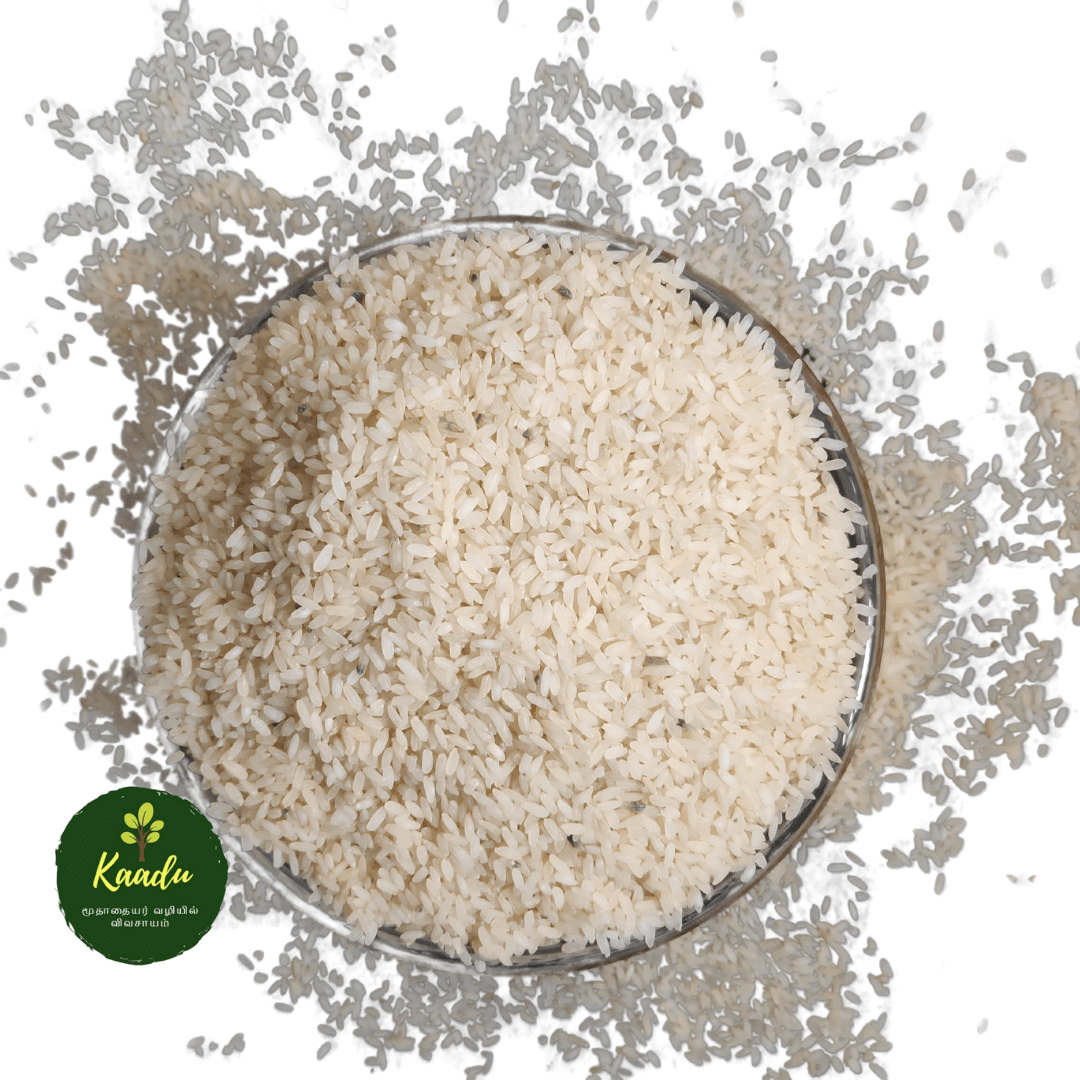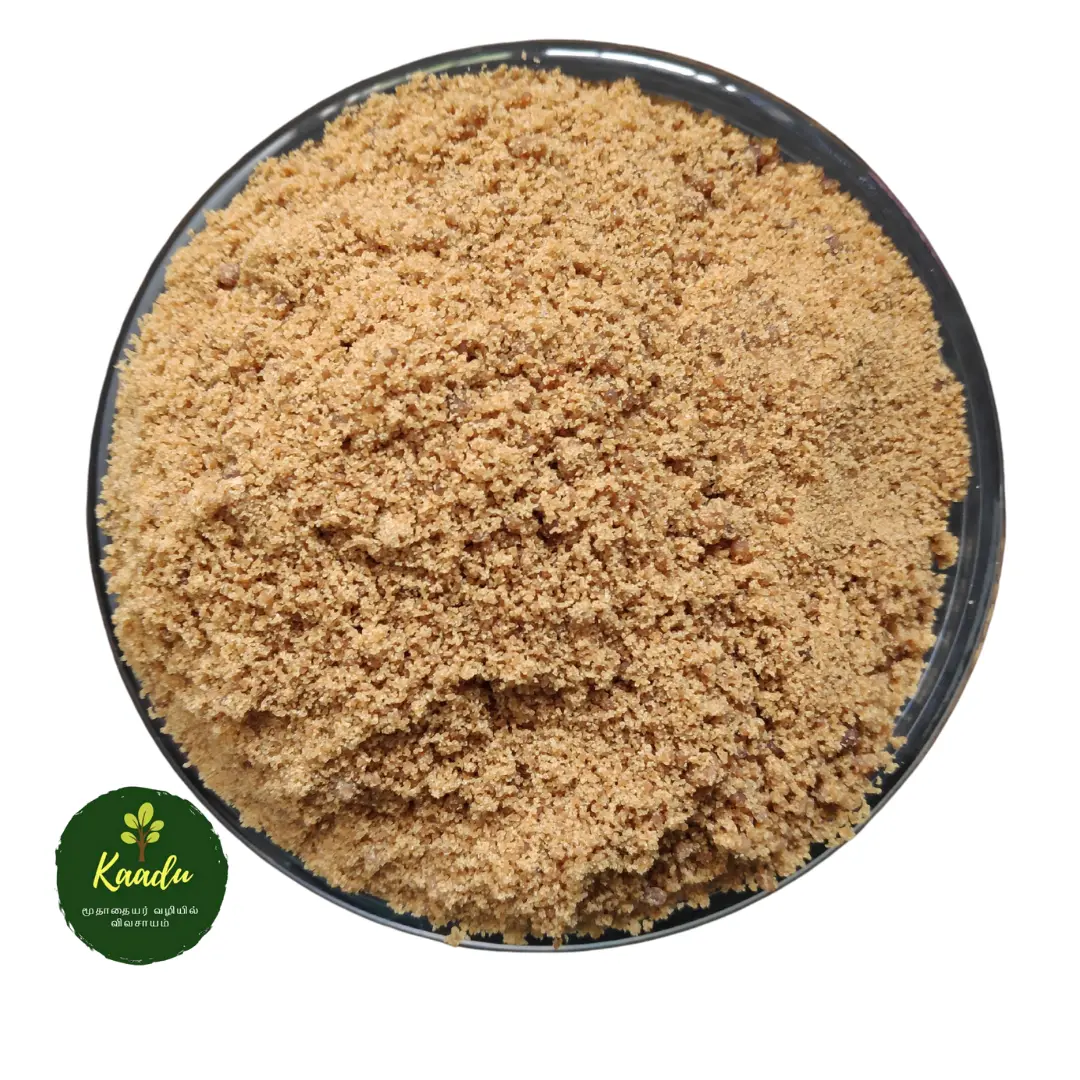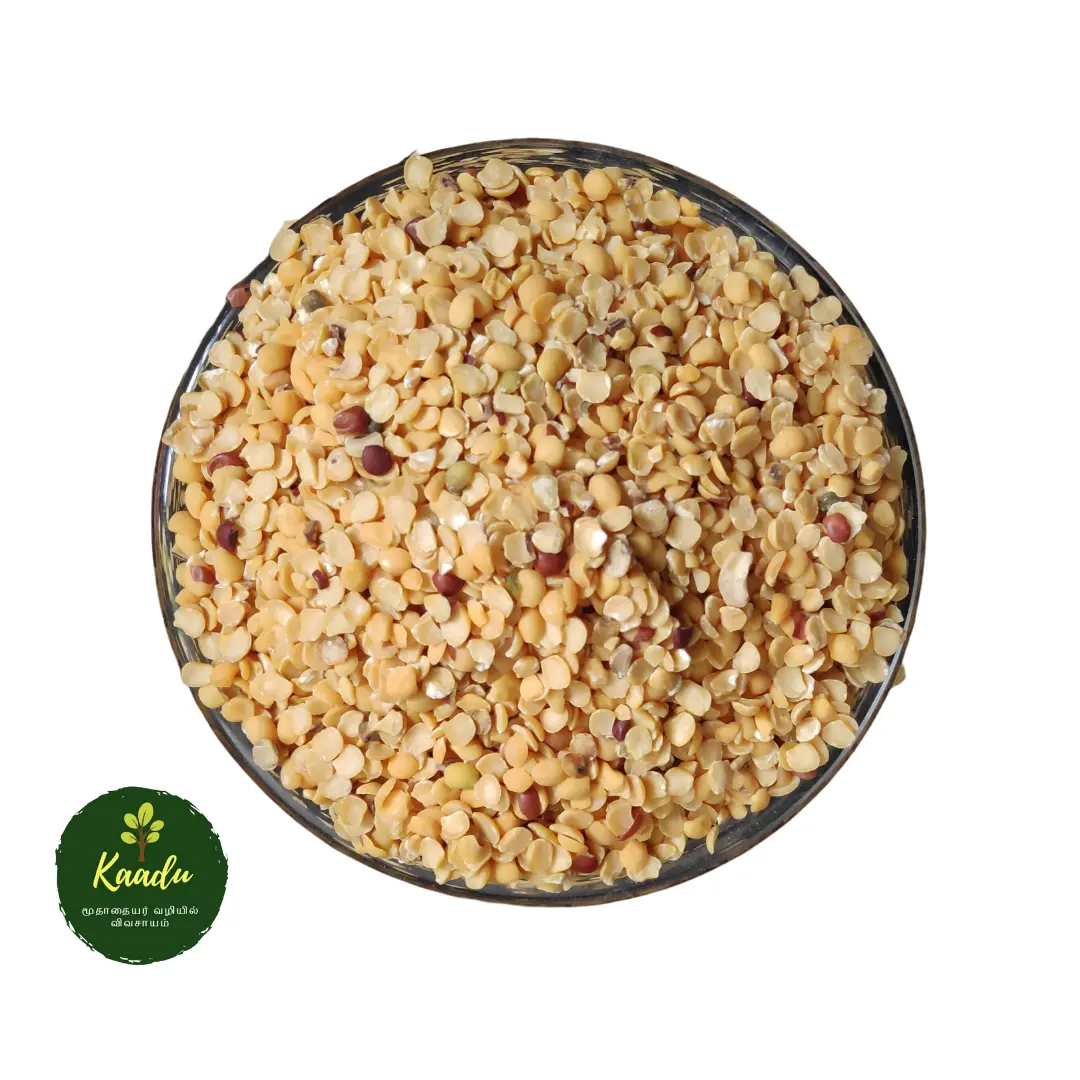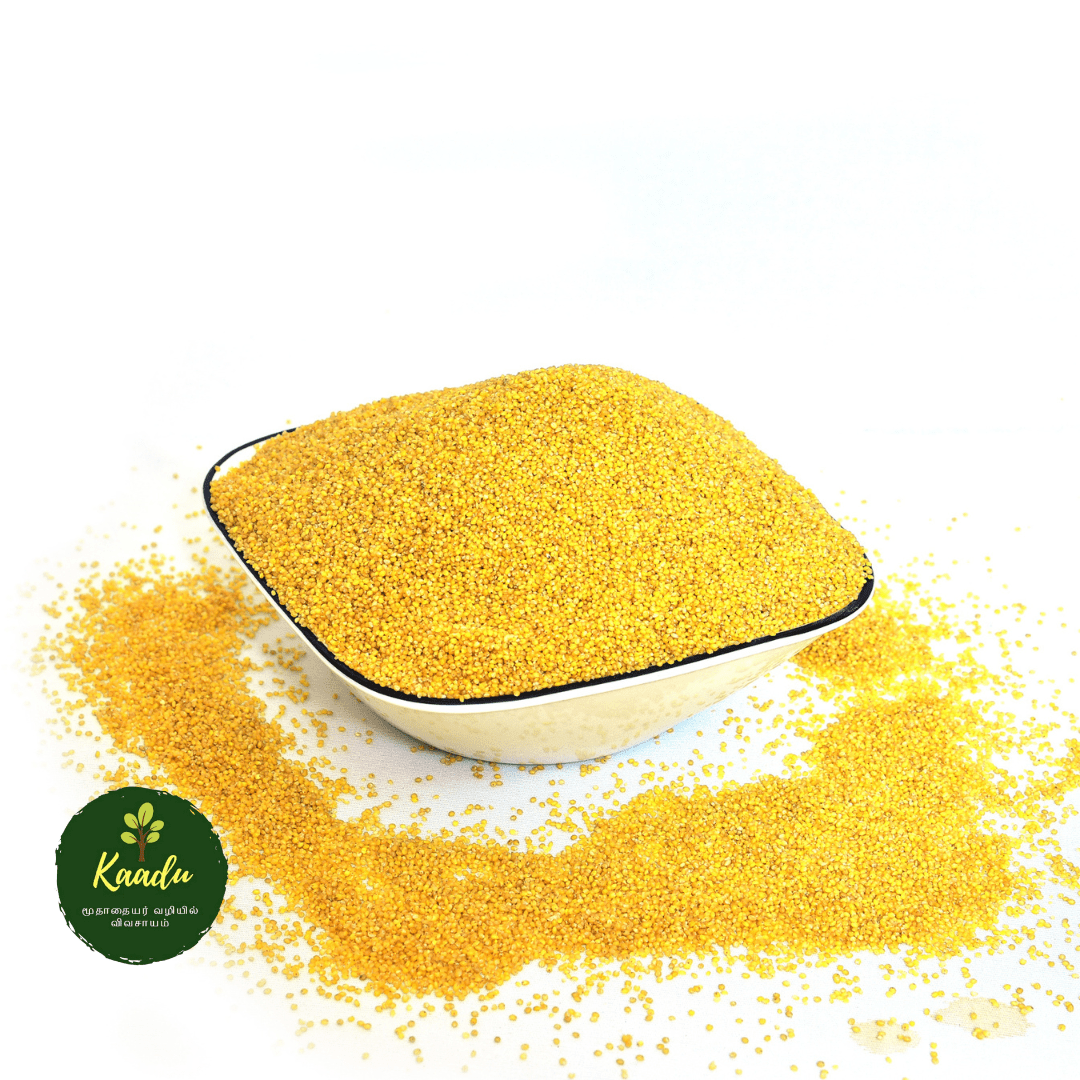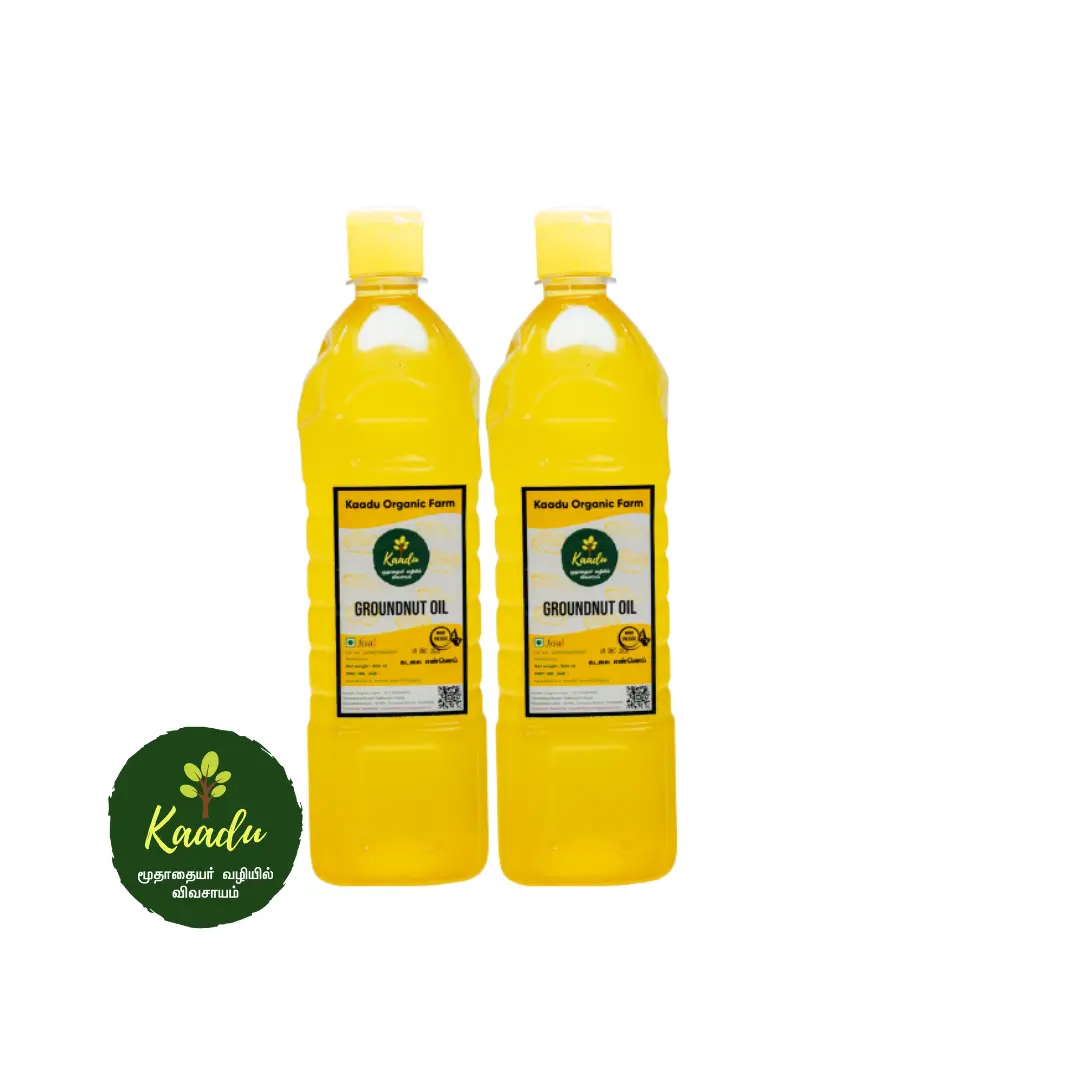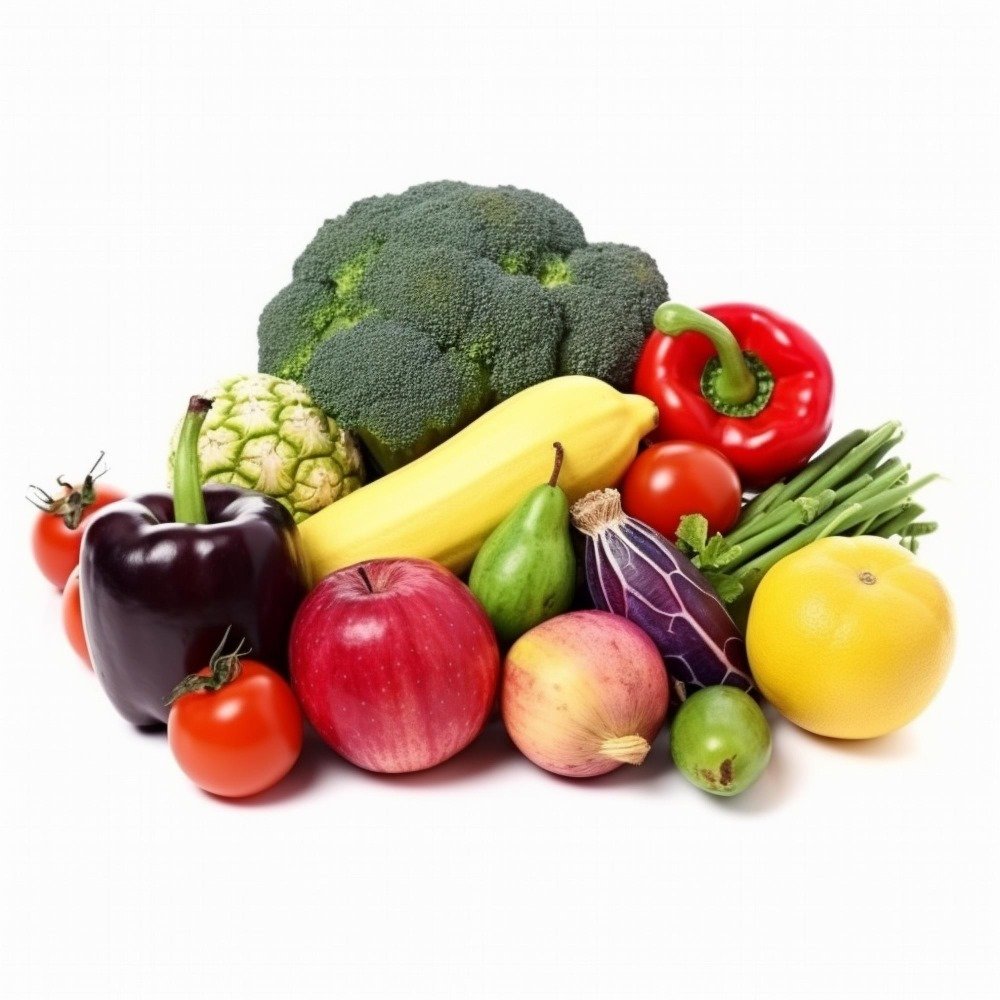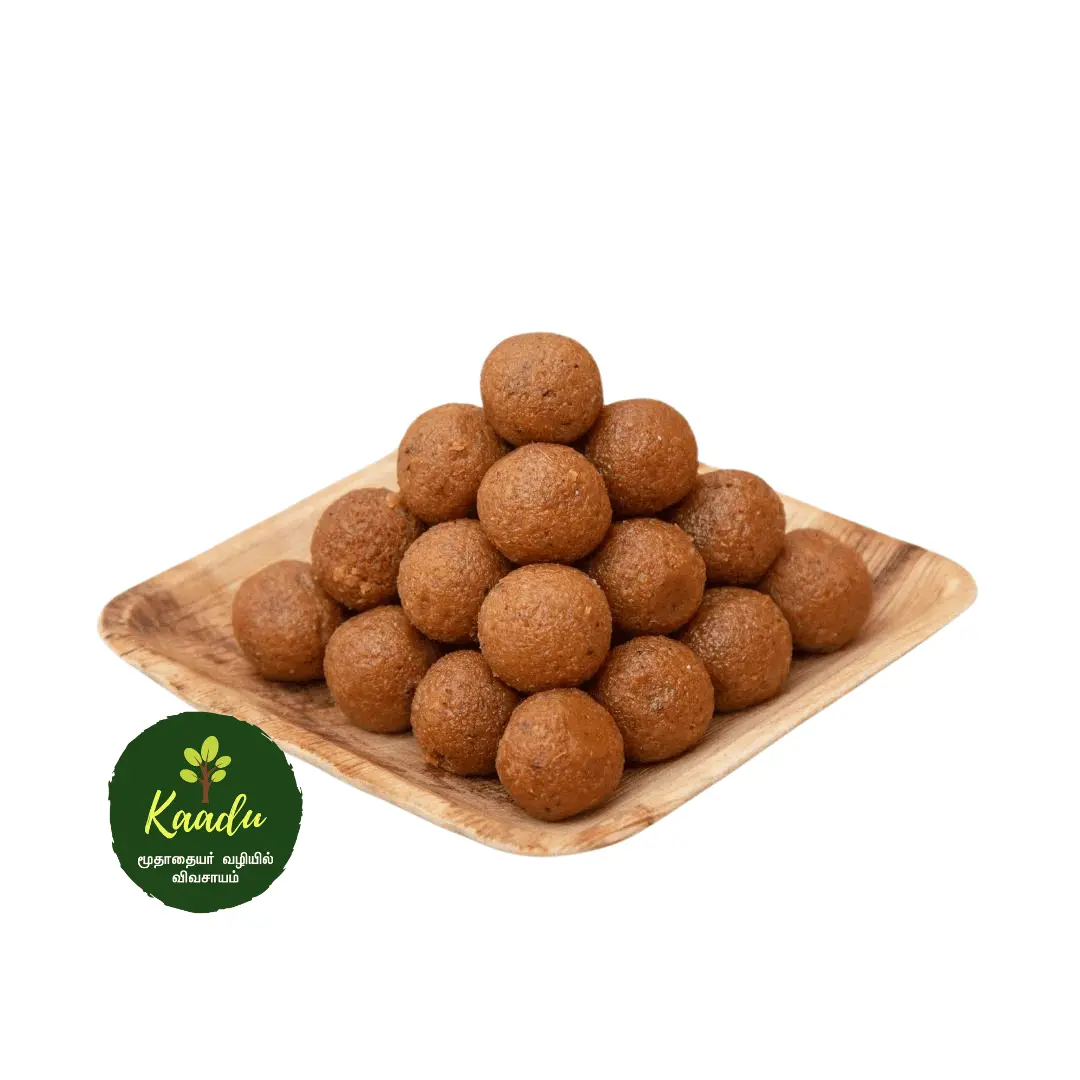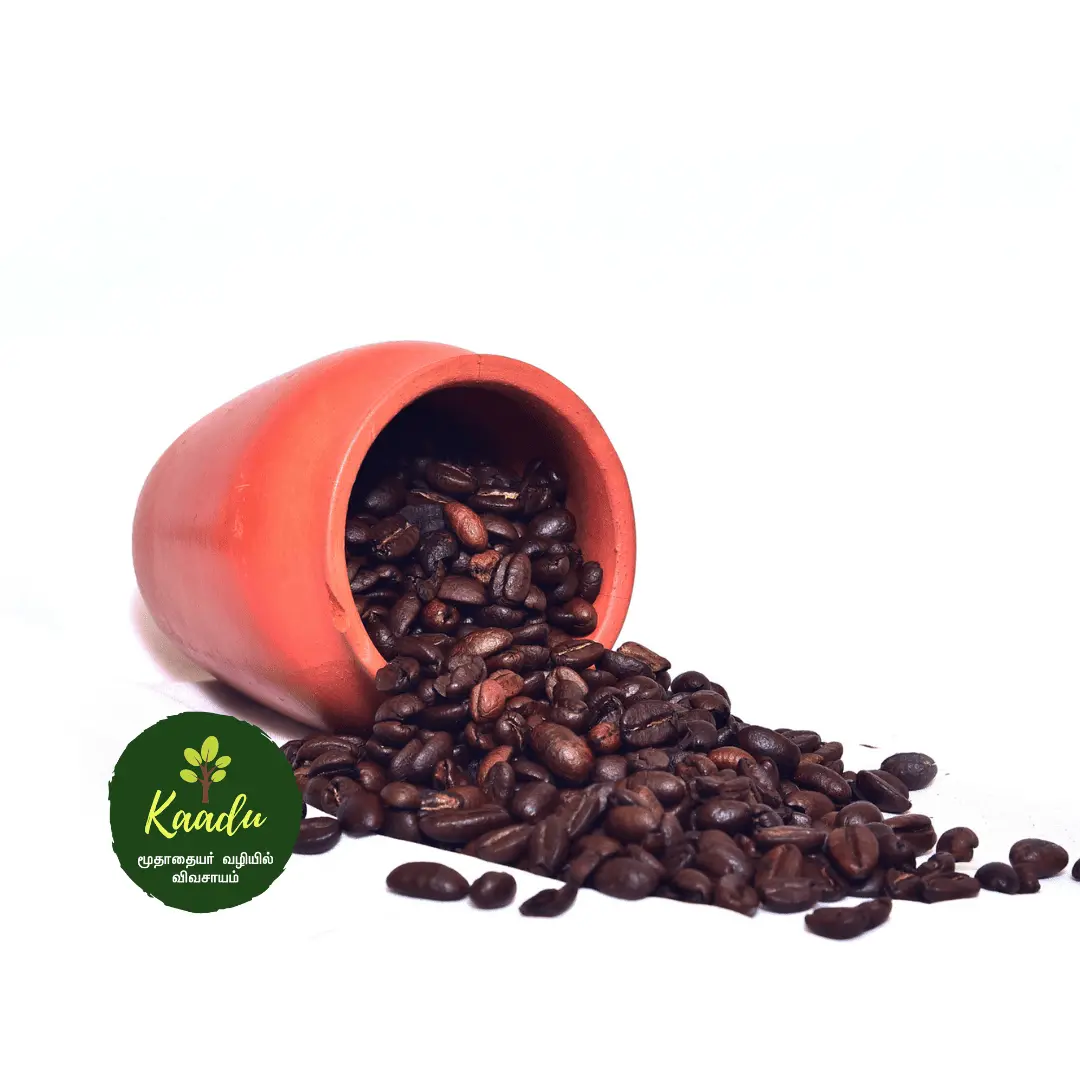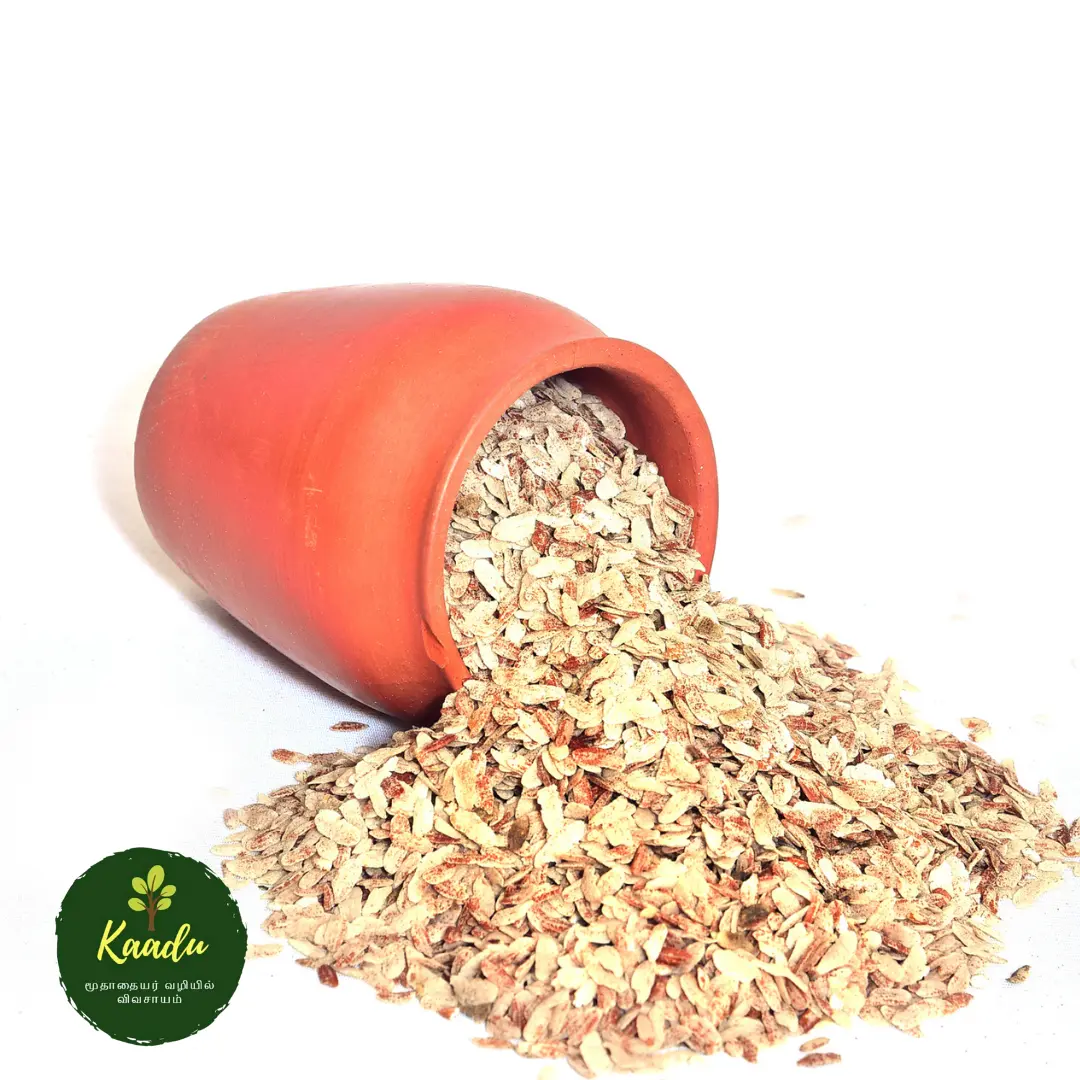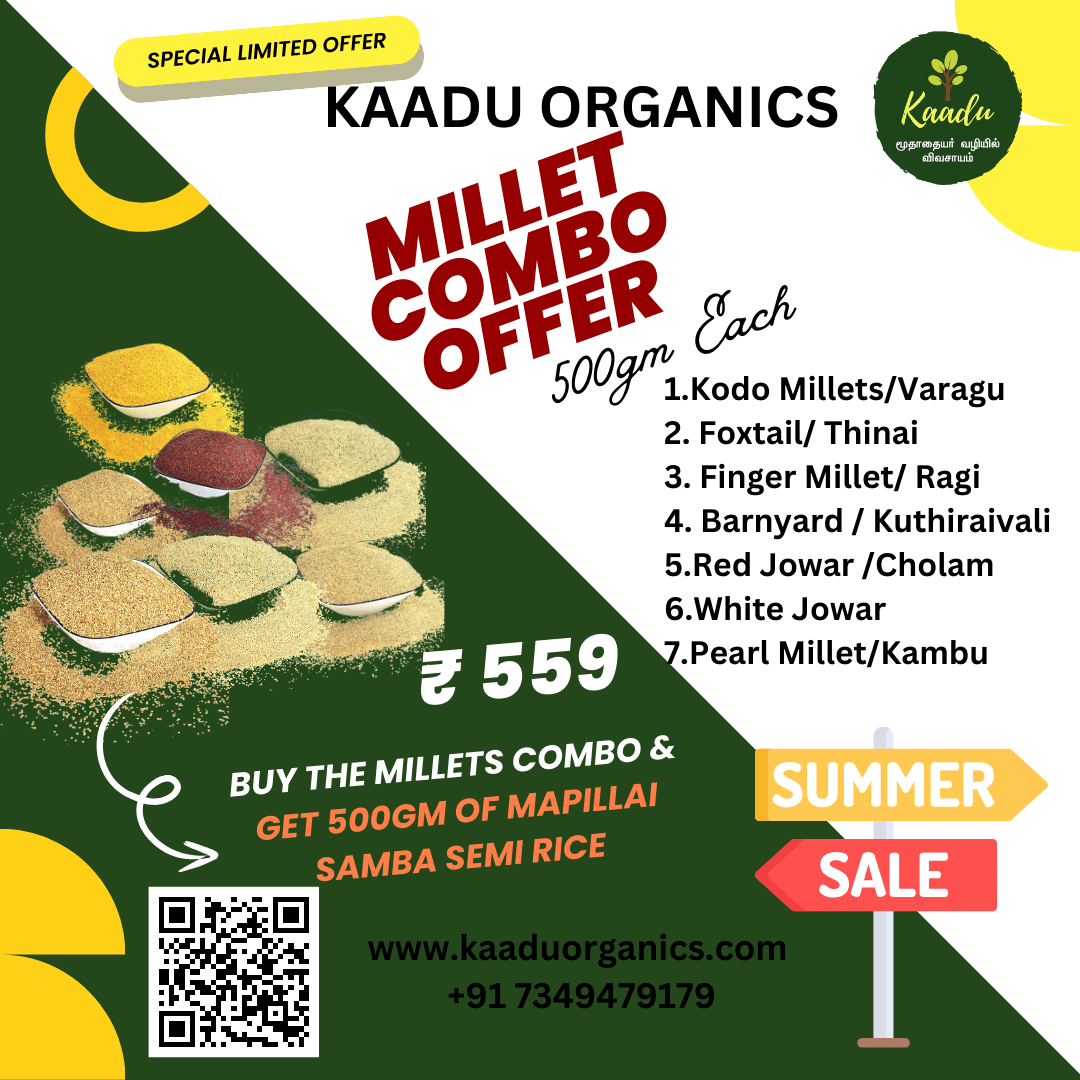Why Organic Farming is More Sustainable: A Comparison with Conventional Farming Methods
Organic farming in chennai
Organic farming is a method of agriculture that relies on natural inputs and methods to grow crops and raise livestock. This method emphasizes soil health, biodiversity, and sustainable practices to produce food that is healthier for consumers and better for the environment. On the other hand, conventional farming uses synthetic inputs such as chemical fertilizers, pesticides, and genetically modified organisms to maximize yield and profit. In this blog, we will discuss why organic farming is more sustainable than conventional farming methods.
Soil Health:
Organic farming focuses on improving soil health through practices like crop rotation, cover cropping, and the use of organic fertilizers. This improves the structure and nutrient content of the soil, making it more resilient to drought and erosion. In contrast, conventional farming practices deplete the soil of nutrients and harm soil organisms, leading to soil degradation. Kaadu Organics, uses natural fertilizers like Jeevamirtham, panchakavya, etc. organic fertilizers like pseudomonas, azospirillum, and biopotash.
Biodiversity:
Organic farming promotes biodiversity by creating a diverse ecosystem that supports a variety of plant and animal life. This is achieved through practices like intercropping and using natural pest control methods such as companion planting and predator insects. Conventional farming practices often lead to monoculture, which reduces biodiversity and creates a less resilient ecosystem. Kaadu Organics, grows different varieties of trees like star fruits, apples, sweet tamarind, etc., around 9 different coconut trees and many other timber trees.
Reduced Environmental Impact:
Organic farming practices are designed to minimize the impact on the environment. This is achieved by reducing the use of synthetic chemicals and minimizing the use of water and energy. Conventional farming practices, on the other hand, often involve the use of synthetic fertilizers and pesticides, which can pollute water sources and harm wildlife.
Healthier Food:
Organic farming methods produce healthier food that is free of synthetic chemicals and genetically modified organisms. Organic food is also more nutritious, with higher levels of vitamins, minerals, and antioxidants. In contrast, conventional farming methods often involve the use of chemical pesticides and fertilizers, which can be harmful to human health.
Economic Sustainability:
Organic farming can be more economically sustainable in the long run, as it relies on natural inputs that are renewable and cost-effective. Additionally, organic farming can provide better returns for small farmers and help support local communities. Conventional farming practices can be more expensive in the long run, as they rely on synthetic inputs that are non-renewable and costly.
Organic farming is a more sustainable method of agriculture that relies on natural inputs and practices to produce healthier food and protect the environment. It promotes soil health, and biodiversity, and reduces the impact on the environment. Organic food is also more nutritious and can provide better returns for small farmers. Therefore, we should encourage more farmers to adopt organic farming practices and promote the consumption of organic food.
Kaadu Organics is a sustainable farming farm that provides the best organic products without fertilizers. We believe in the principles of organic farming and promote sustainable agricultural practices. Our products are grown using natural inputs and methods that promote soil health and biodiversity. We also support local communities by providing better returns for small farmers. By choosing Kaadu Organics, you are supporting sustainable agriculture practices and helping to protect the environment. Try our organic products today and experience the difference in taste and quality!
The Best organic farming in chennai / Bengaluru
Read Our Blog: Transformation of Converting Barren Land into a Cultivable Land

